Master Class on Augustine’s City of God

For the positivist political scientist, focused on polls, percentages, and prognostications, Augustine’s sprawling masterpiece—City of God (De civitate Dei)—is apt to seem a morass of mythology and otherworldly speculation. For the first 90 minute session, we will focus on two stories of the fall, the dual invention of sin, and Augustine’s struggle not to have to concede to the impossibility of perfection, here or above. For the second session, we will turn more directly to political matters and especially to the “twilight” perspective that Augustine takes us all inescapably to have on true peace.
Imago Dei: Philosophical Approaches to the Human Being as Image of God
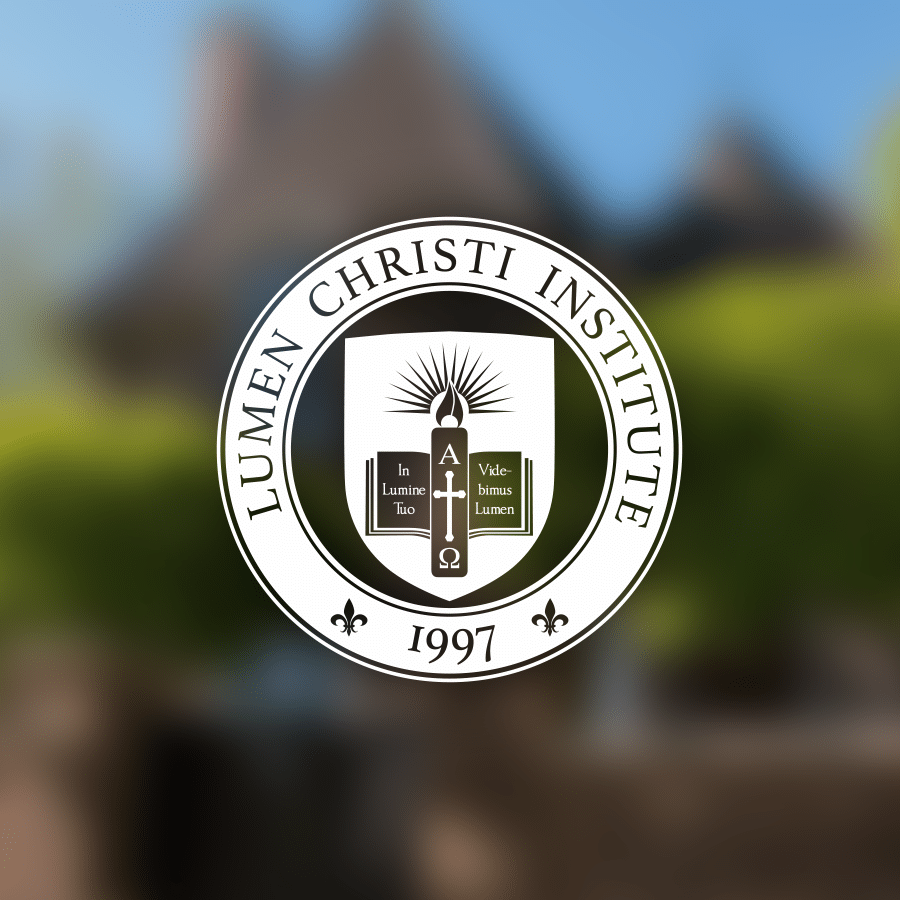
This conference addresses the following questions: What constitutes the image of God? How are we to understand Augustine’s claim that human beings come to understand both who they are and who they have been only through relationship with God? How do St. Thomas Aquinas and Blaise Pascal remain within or depart from the Augustinian tradition? What role do Aristotelian and Platonic (or neo-Platonic) conceptions of human identity and the soul play? Lastly, as Genesis offers an essentially relational account of “Imago Dei,” in what way can we discover or participate in such relationship with God through social relationships?
“Eriugena: The Medieval Irish Genius Between Augustine and Aquinas”
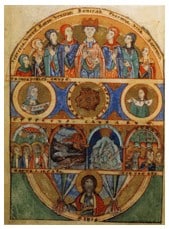
The Carolingian thinker Johannes Scottus Eriugena (810-877CE) is the author of numerous philosophical and theological works. Most famous among them is the Periphyseon or On Natures (864-866CE), a metaphysical dialogue drawing on the Greek and Latin patristic and classical traditions. Having been falsely condemned because of pantheism in 1225, Eriugena was only seriously studied in the twentieth century, which saw a major effort to complete all the critical editions of his works (until 2005). With all the modern tools in place, it is time to map out a vista of what the tradition of medieval Western thought would have looked like, had he not been excised…
“Augustine and the Doctrine of Universal Restoration”
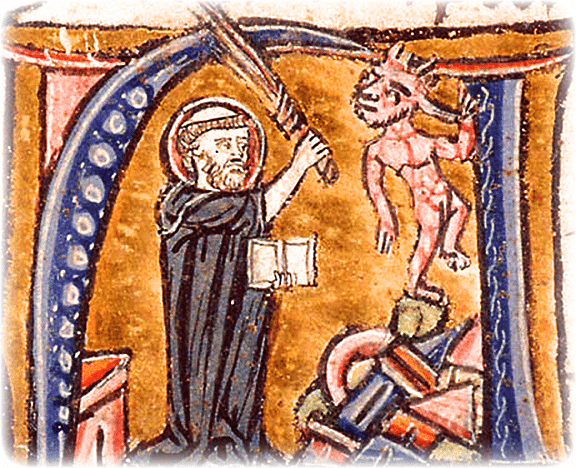
Cosponsored by the History of Christianity Club The great theologian Augustine of Hippo (354-430) is known to have condemned the doctrine of universal restoration and salvation (apokatastasis) devised by Origen of Alexandria (255ca.) as heretical. But in his earlier defense of Christian Orthodoxy against Manicheism, Augustine adhered to this doctrine. This lecture will show how Augustine’s later polemic against the Pelagians and his ignorance of Greek played a significant role in his eventual rejection of Origen’s doctrine.
Symposium on Heidegger’s Confessions
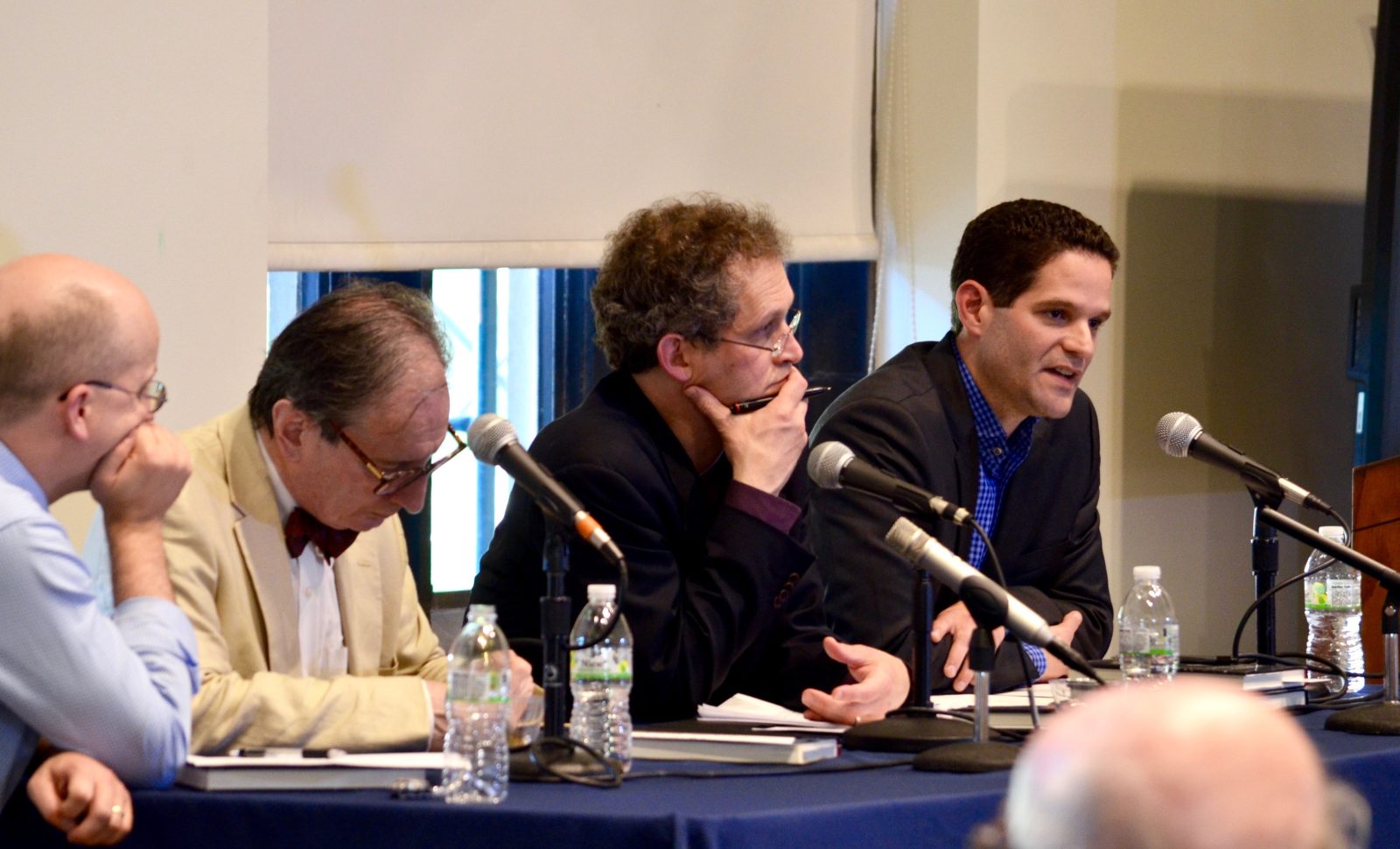
Cosponsored by the Philosophy of Religions Workshop and the Theology & Religious Ethics Workshop Although Martin Heidegger is nearly as notorious as Friedrich Nietzsche for embracing the death of God, the philosopher himself acknowledged that Christianity accompanied him at every stage of his career. In Heidegger’s Confessions, Ryan Coyne isolates a crucially important player in this story: Saint Augustine. Uncovering the significance of Saint Augustine in Heidegger’s philosophy, he details the complex and conflicted ways in which Heidegger paradoxically sought to define himself against the Christian tradition while at the same time making use of its resources.
Augustine’s Theology of Love
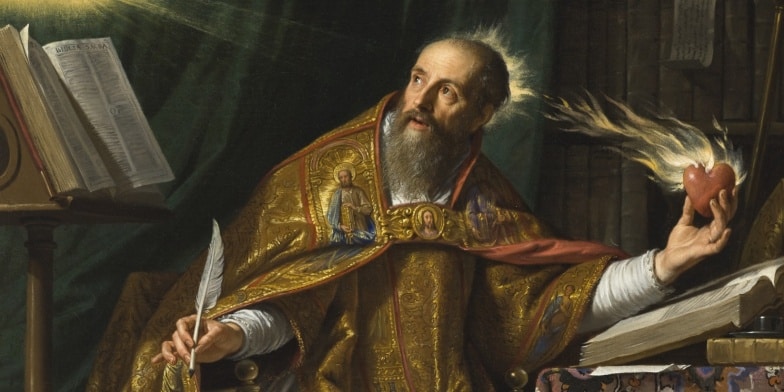
Cosponsored by the Theology and Religious Ethics Workshop
What Does it Mean to Say the Son of God is ‘Consubstantial’ with the Father? New Insights about Augustine’s Debt to Aristotle
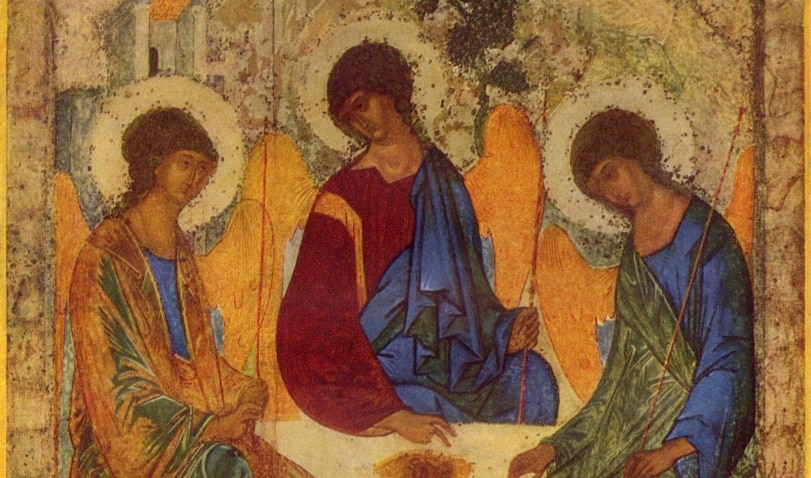
REGISTER HERE Cosponsored by the Department of Philosophy It is commonly accepted that Aristotelian ideas did not inform Latin-language metaphysics until the translation of Aristotle in the 12th century. However, this opinion has arisen from a failure to understand how the metaphysics of Augustine fundamentally depends upon Victorinus’ assimilation of Aristotelian concepts and distinctions. Victorinus, mentioned by Augustine in Confessions Book 7, was a Christian convert, an eminent rhetor, and one of the last philosophers in the western Roman Empire who was fully bilingual in Greek and Latin. In the 350’s he wrote metaphysical treatises defending the Council of Nicea’s doctrine…
Master Class: Augustine on Human Freedom and Divine Grace: What is Really Going on in the ‘Conversion Scene’ in Augustine’s Confessions?
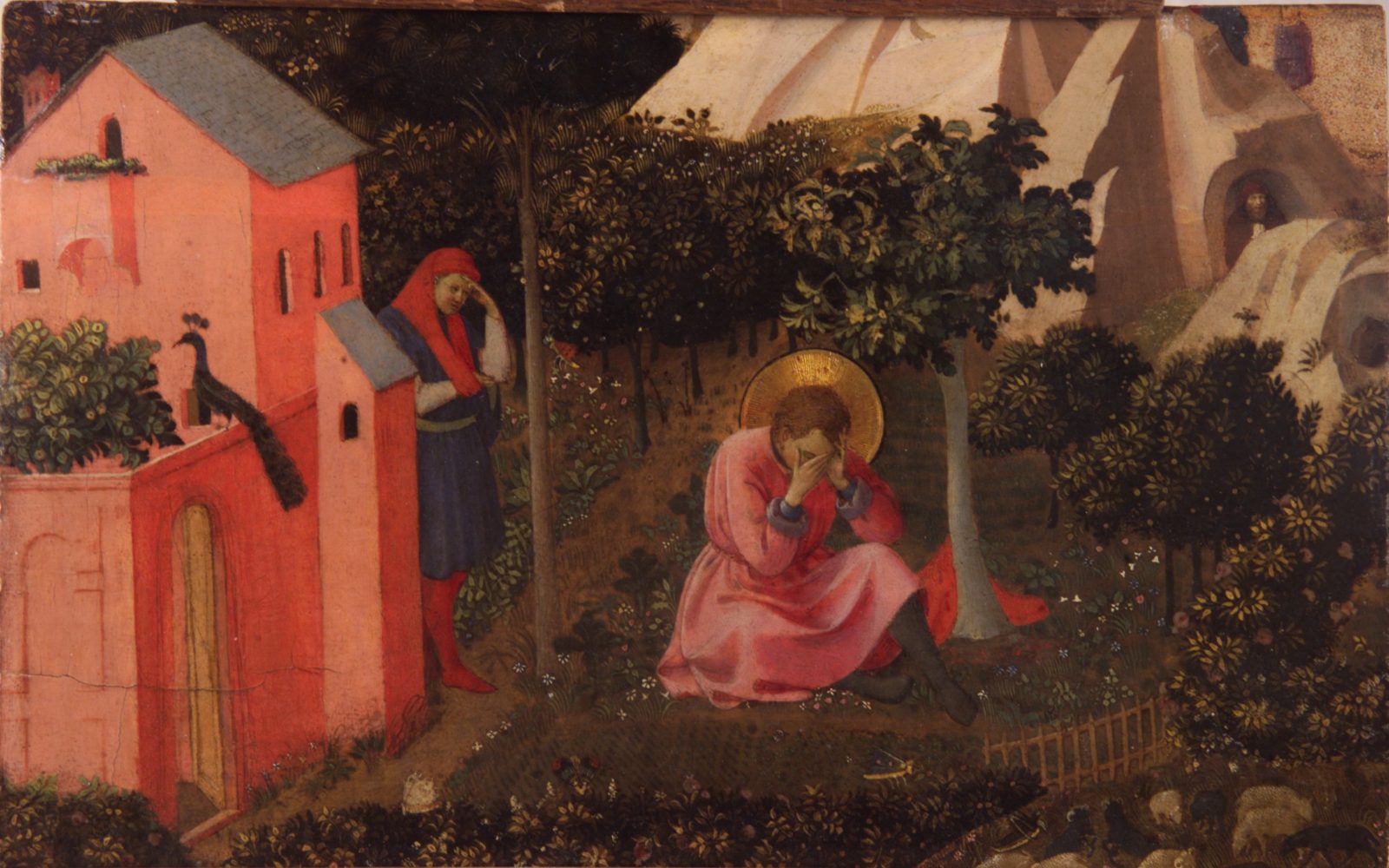
REGISTER HERE This master class is open to graduate and undergraduate students, including non-University of Chicago students. Space is limited and offered on a first-come, first-served basis. Copies of the readings will be made available online to all participants. Although the part of Augustine’s Confessions that describes his conversion to Christianity is arguably the most famous passage in his influential corpus, scholars have long disagreed about how to understand this important section of Book 8. I will argue that the hermeneutical key to the passage is knowledge of the philosophical psychology that Augustine assumes in the passage, which is a…
What is Freedom? Some Reflections on Augustine
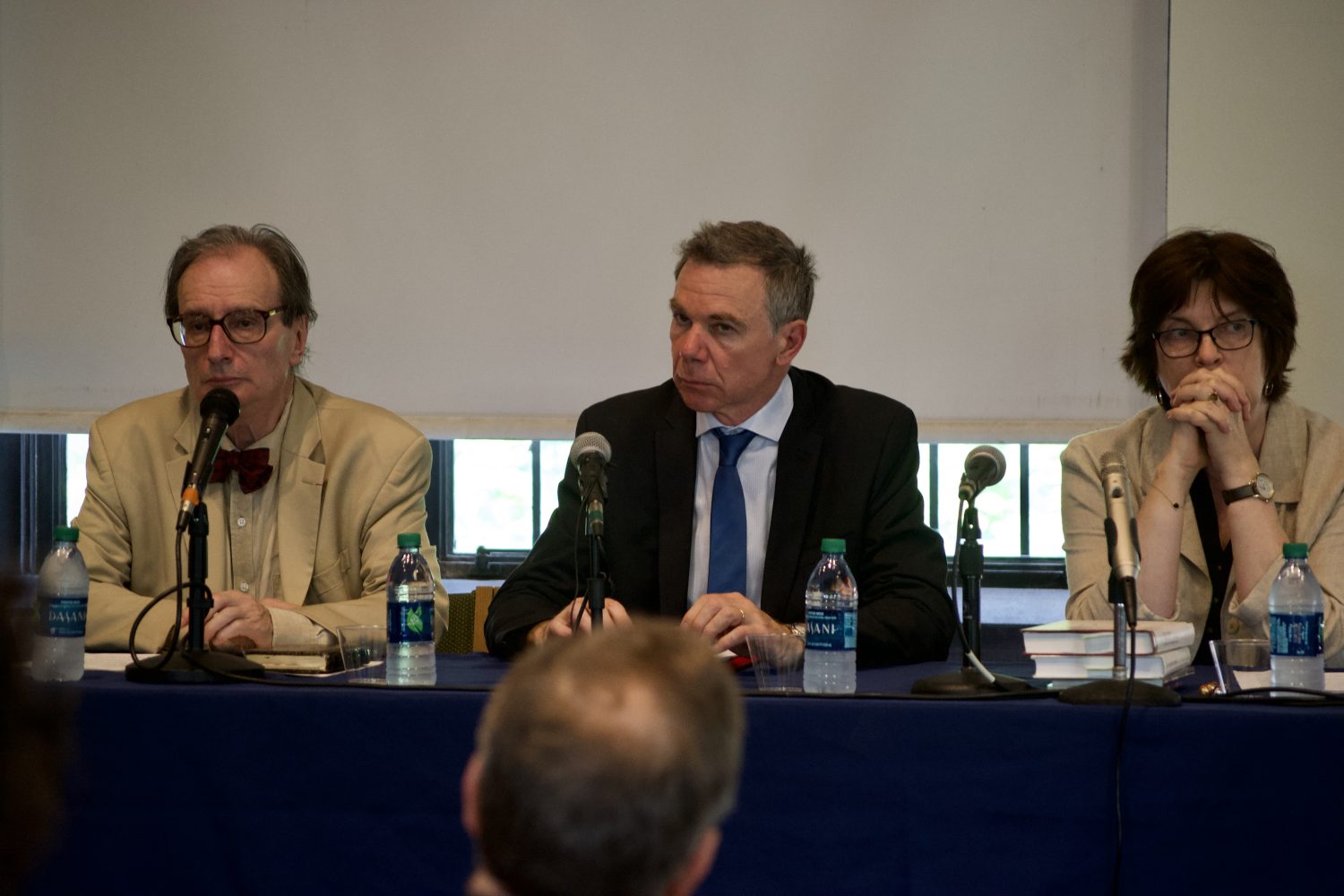
You can subscribe to the Lumen Christi Institute Podcast via our Soundcloud page, iTunes channel, Stitcher, TuneIn, ListenNotes, Podbean, Pocket Casts, and Google Play Music. To view photos of the symposium, visit Lumen Christi’s Facebook page. A lecture by Olivier Boulnois with responses by Jean-Luc Marion and Willemien Otten, and moderated by Ryan Coyne. Free and open to the public. Cosponsored by the Theology Club at the Divinity School. This lecture will be audio and video recorded and accessible via this webpage shortly after the event. Persons with disabilities who need an accommodation in order to participate in this event should contact us by email or call 773-955-5887.
WEBINAR: Christians in Times of Catastrophe: Augustine’s “City of God”
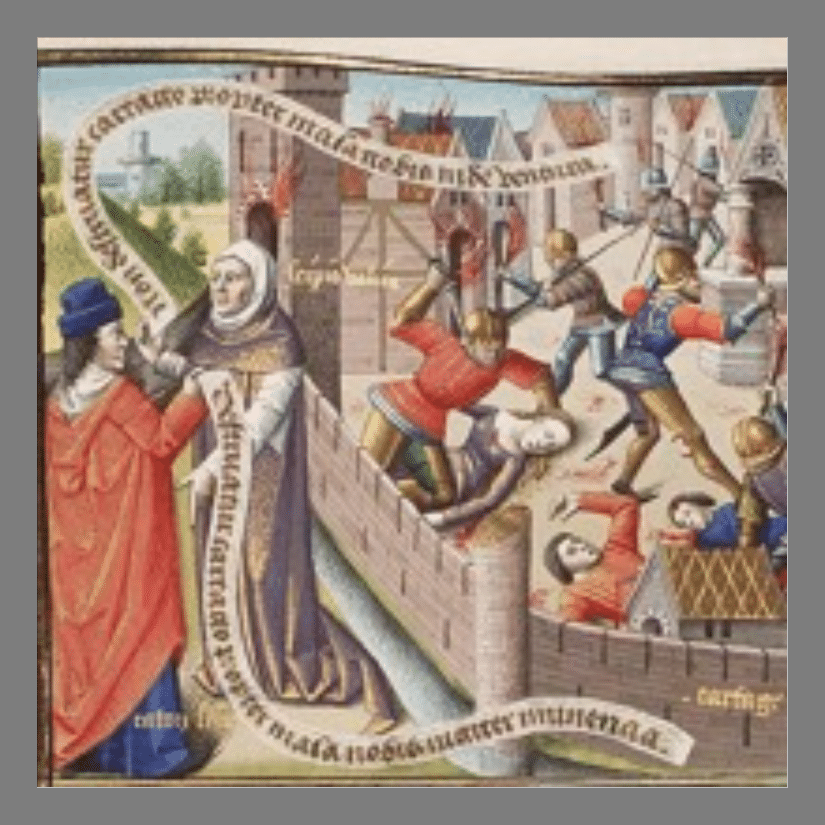
Cosponsored by America Media, the Collegium Institute, the Saint Benedict Institute, the Beatrice Institute, the Nova Forum, the Harvard Catholic Center, the Institute for Faith and Culture, and the Sacred and Profane Love podcast. Augustine of Hippo’s City of God is one of the great theological books of the Christian tradition, laying out a vision of the Church and the Earthly City in parallel and of Christ’s work of salvation in history in the context of the sack of Rome (410) and other calamities. Augustine’s reflections on how Christians can understand and respond to catastrophes has become a wellspring in the Christian intellectual tradition…